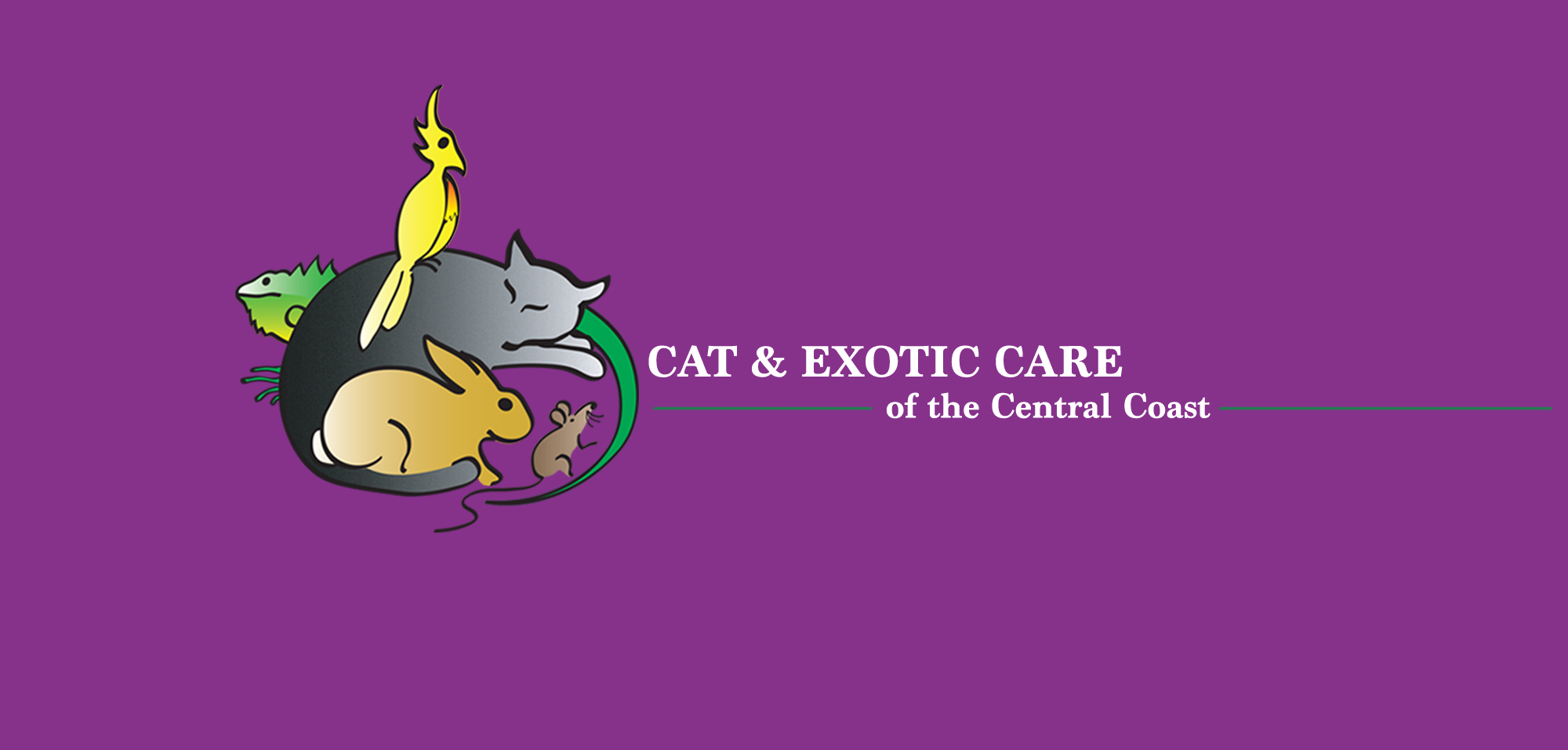QUESTION:
Do you have any advice for someone who is considering buying a turtle or tortoise?
ANSWER:
Before purchasing a turtle or tortoise, you need to consider that it takes a considerable amount of time and money to properly care for these reptiles. You also need to keep in mind that many species live a very long time, and several grow to a very large size. This is not a pet that you want to buy on an impulse.
There are many care (husbandry) considerations that have to be carefully planned out and provided at each life stage. These include proper heat and humidity ranges within the habitat, proper light cycle and UVB exposure, sufficient habitat size (and if housed outdoors- proper shelter and escape-proof boundaries), appropriate bedding, proper diet (this is a big one), adequate hiding areas, proper cleanliness and habitat hygiene, appropriate cage-mates (none in some cases), and external stressors (room too noisy, etc).
A good starting point would be a consultation with a reputable reptile veterinarian on recommended species to purchase and recommended resources and information on proper husbandry.
Question: What is the biggest danger to a person owning a turtle/tortoise and vice versa?
The biggest danger for the turtle owner is zoonotic disease (ones that can be spread from reptile to man). These include various bacterial (i.e., salmonella), protozoal, fungal, viral, and parasitic diseases.
The biggest danger for the chelonian is improper care (as described above). The second is predators (the household dog, cat or child) or escaping and becoming lost or injured.
Caring for chelonians or any reptile for that matter is a serious undertaking. The care should never be left up to a child and should not be tackled without proper research on the species of interest. It requires an investment of time and money to do the job properly. It can, however, be very rewarding, as you get the opportunity to bond with your new pet and learn interesting things about its anatomy, care, and behaviors. Please do your homework before you buy. There is a saying in reptile medicine that most owners slowly kill their pet reptiles. Although there is great truth to this, it does not have to be the case. With proper husbandry and regular veterinary visits (like you would do with any pet) your pet tortoise or turtle can live a long and contented life.
If you have a veterinary question that you would like to propose for an upcoming edition, please send it to email@catandexoticcare.com with “ask the vet” in the subject line.
Max Conn, DVM is the owner of Cat & Exotic Care of the CentralCoast, a full service veterinary hospital dedicated to the special needs of cats, birds, reptiles and small mammals. Cat & Exotic Care is located in PismoCoastPlaza, 565 Five Cities Drive, 805-773-0228. More information can be found at www.catandexoticcare.com.
Disclaimer: The informational handouts and website links above are for informational purposes only, they are not intended to replace veterinary care.
